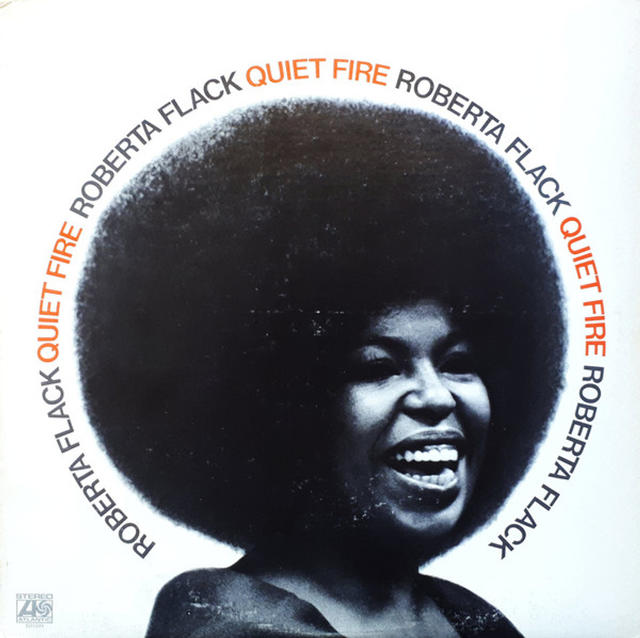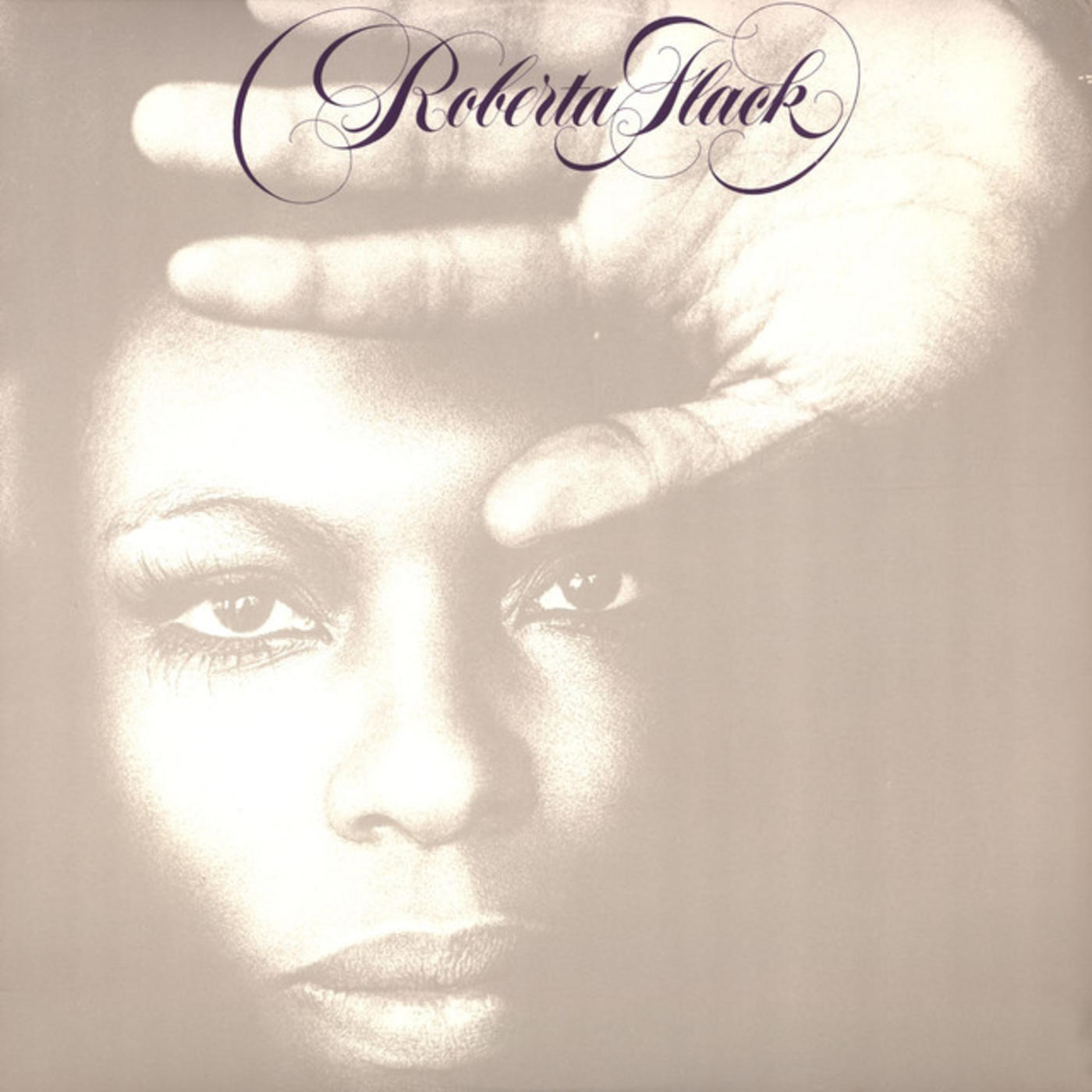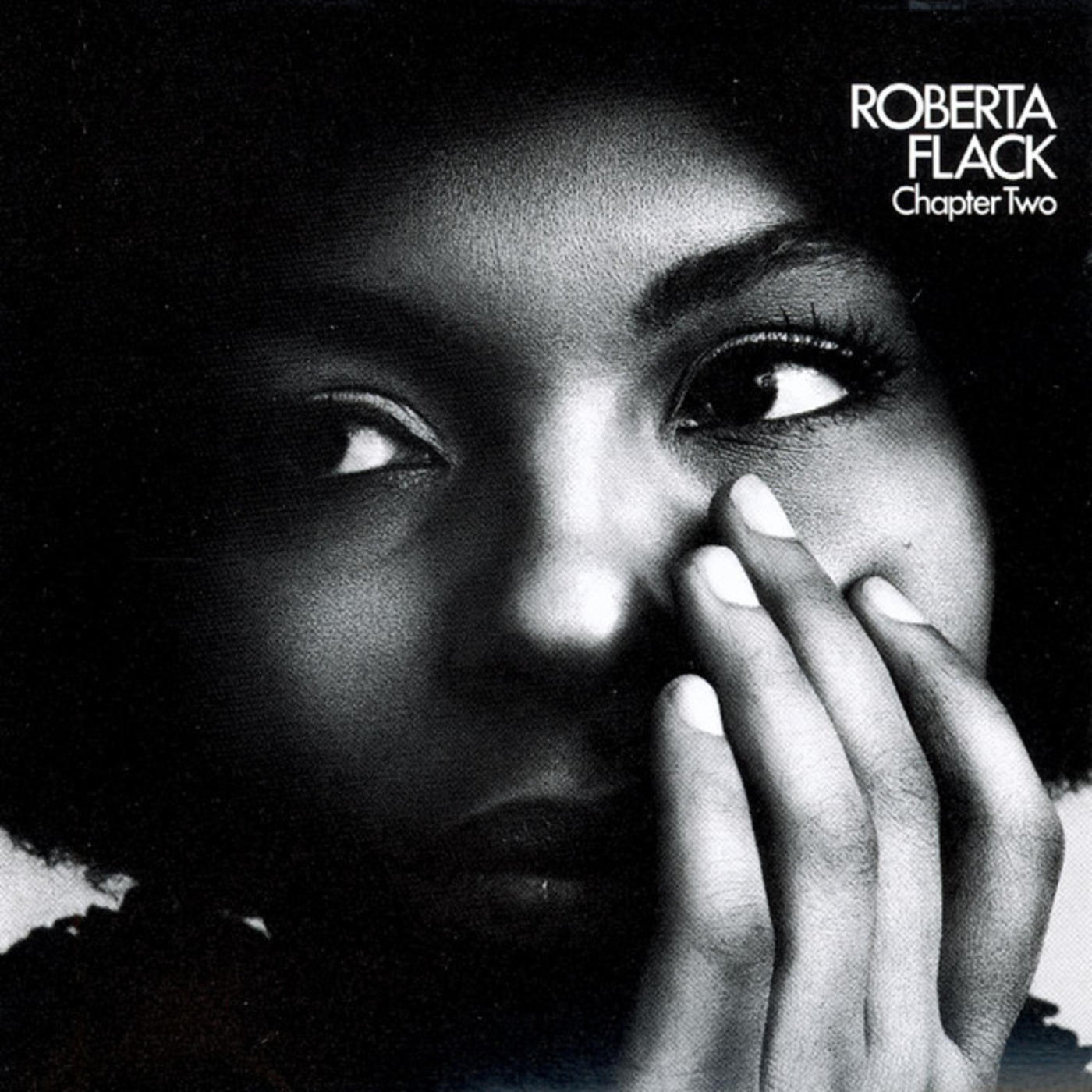November 1971: Roberta Flack Releases QUIET FIRE

By 1971, rising music star Roberta Flack was hard at work on her third studio effort in three years, Quiet Fire. While her music had already made an impact on black radio and the charts, she was still seen as an up and comer in mainstream circles.
Interestingly enough, that would all change in the fall of 1971, when actor/director Clint Eastwood chanced upon Flack's single, "Every Time I See Your Face," from her 1969 debut, First Take, which he was eager to include in his directorial debut, Play Misty for Me, which debuted on U.S. movie screens in October 1971.
As Eastwood's movie became a critical hit, it did well enough at the box office for "The First Time Ever I Saw Your Face" to suddenly become a major hit record across radio formats, and begin to charge up the charts.
Flack released Quiet Fire in November 1971, followed by lead single, a beautiful ballad rendition of the Shirelles' recording of Carole King's "Will You Love Me Tomorrow." The track made a moderate impact on the Hot 100, peaking at #76 in February 1972.
It was around the same time--February 1972--when the exploding popularity of "The First Time Ever I Saw Your Face" was enough for Atlantic Records to release an edited version of the 1969 song as a new single. The song soared up the charts to snatch the #1 spot on the Hot 100 in April 1972, a position it would hold for six weeks.
Some say at the unexpected popularity of "The First Time Ever I Saw Your Face" hindered the success of Quiet Fire as new fans got up to speed on Flack's music; the album peaked at #18 on the Billboard 200 in January 1972, three months before "The First Time..." hit #1.
Opening with the pro-black anthem "Go up Moses," Quiet Fire is a deep and wide-ranging listen, as Flack deftly applies her musical touch to pop, R&B, rock, soul, and more. She transforms "Bridge Over Troubled Water" into a soulful hymn, and strips down the Bee Gees' "To Love Somebody" into a slow-burning cry for love.
"Love is timeless. Quiet Fire is about people loving, living, being creative and surviving," Flack told Vinyl Me Please in January 2022. "Doing all of the things we try to do everyday, especially love. Love is timeless, so whether people listened in 1971 or 2021 they hear their own stories in the music.
"I have tried to speak out with my art, and not finished doing all that I can do," the artist said when asked about the political impact of her music. "The songs on Quiet Fire about living and loving can be seen as political statements. We need to love each other more. Whether in a personal relationship, between races, religions, countries or generations, loving each other is something we need to do more of, and helping each other ease our burdens and bridge our differences is a personal and political statement, depending on how you look at it — don’t you think?"
Flack is pragmatic when asked about what it was like being a woman artist during a time when women were rarely afforded a genuine voice in the music industry beyond performing.
"It continues to be so difficult to be taken seriously and positively as a Black woman if what I want, need and believe differs from those in power," Flack explained. "Those in power — could be the labels, could be the artists, could be the audiences. depends on how you look at it. What is power? The ability to shape careers? To tell stories with music? To inspire people with music? Ultimately, I hope that it will be the artists who have the enduring power to inspire people far into the future to reach out and reach within to create change for the better."


